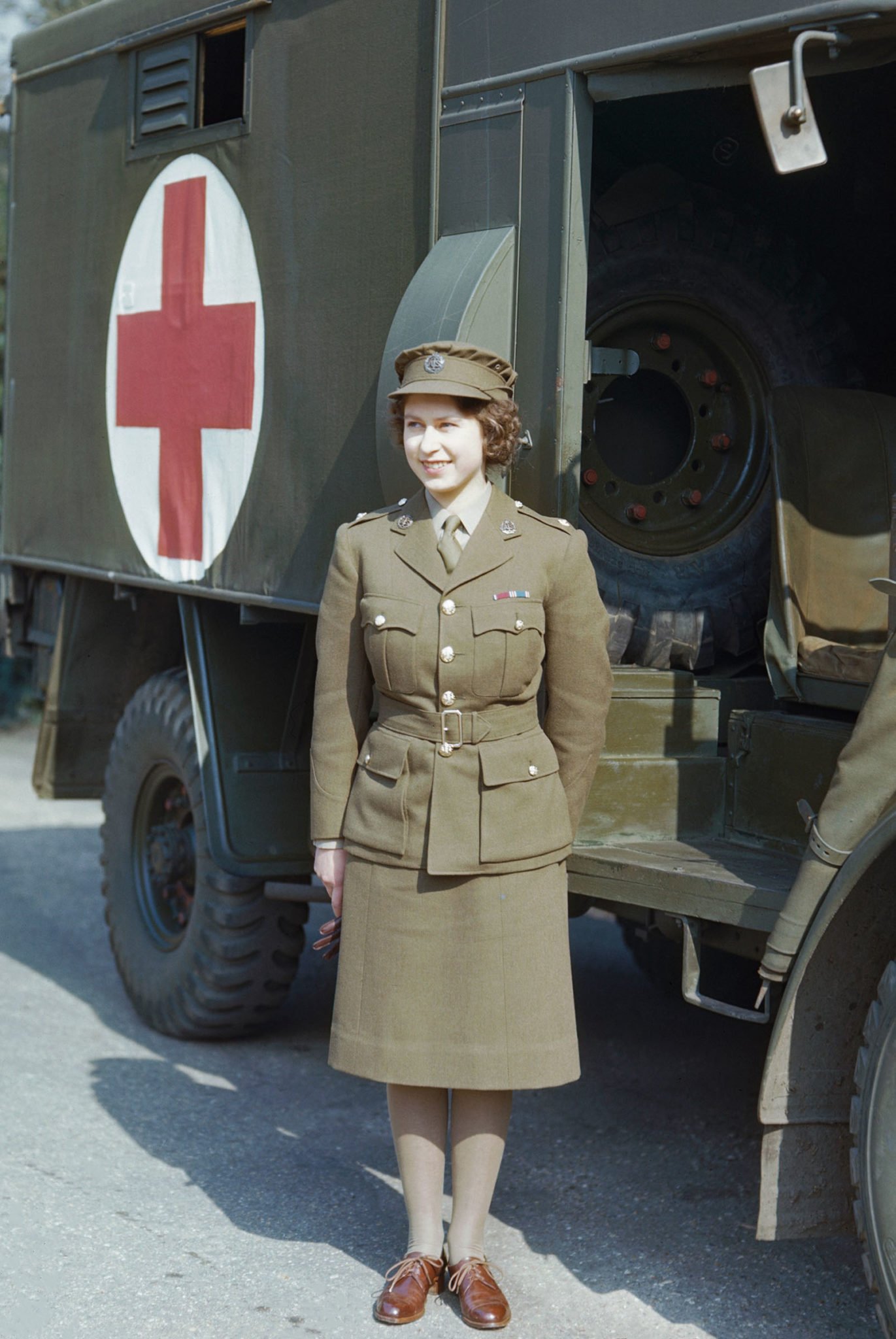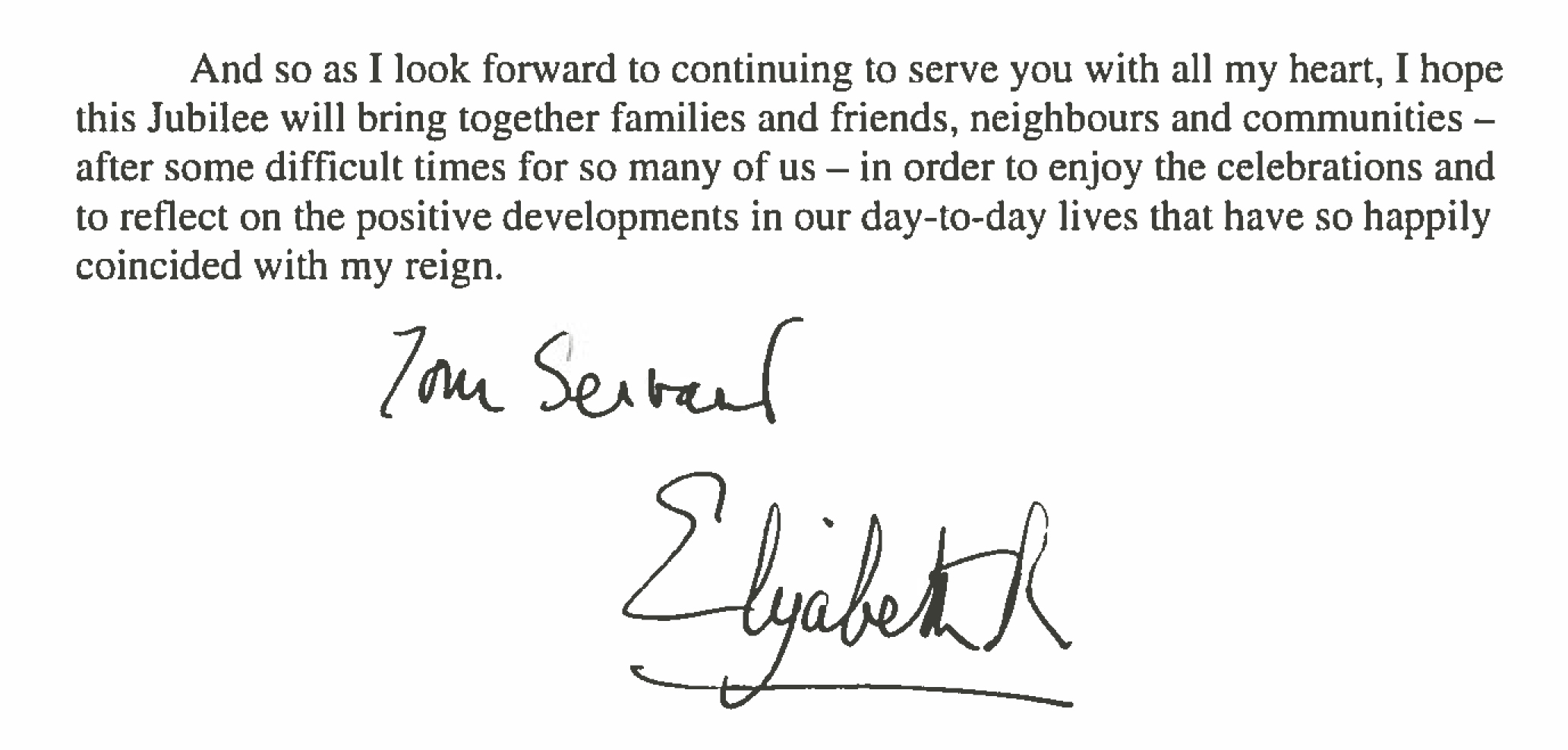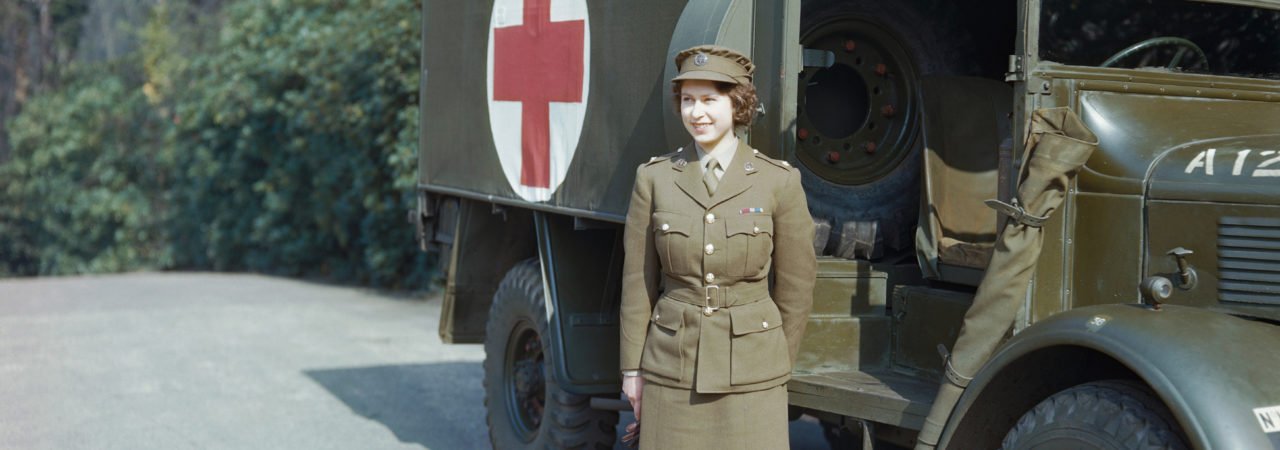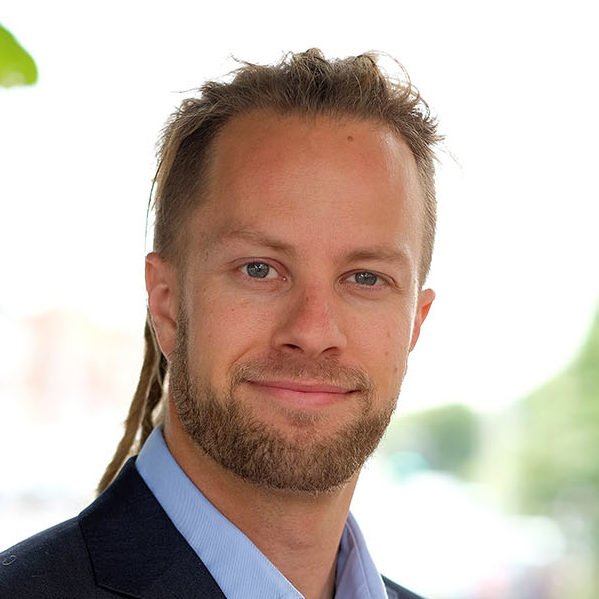As I watched the TV with my family, witnessing the final chapter in the laying to rest of Queen Elizabeth II, I couldn’t help but think back to the photo of her sitting alone in St. George’s Chapel during Prince Philip’s funeral in 2021. She, like the rest of us during the lockdown, made some very personal sacrifices for the good of the nation. As said by the great American poet Maya Angelou, “A great soul serves everyone all the time.”
It’s strange to think that there was once a time when Princess Elizabeth had a carefree life and was not intended to be the head of state. But, at just age 10, her uncle King Edward VII abdicated the throne and her father became the next King. Within four years, she had made her first speech, via radio to the children of the Commonwealth. And eleven years later, from South Africa, she made one of the most famous speeches of the 20th century. Five more years on and she became Queen.
I can only imagine how distressing such rapid changes to her life were for such a young woman. It’s somewhat ironic that the one quality we valued most about the late Queen was that, to us, she was as steady as a rock, fixed in position—our one constant. She came across as traditional but I think she was a moderniser. She invented the Royal walkabout, met with the general public, confronted tradition, and improved on her abilities to communicate and serve others better.
She provided the nation with hope and a sense of peace. She reminded us that social change and uncertainty were natural cycles of life and that things would return to some kind of normality. She had a gently calming effect on us and made us see change as unavoidable.
1940
At just thirteen years old, the then-Princess Elizabeth gave her first public speech—a radio address to the children of the Commonwealth, many of which had been evacuated from cities due to the War.
Her words showed a great empathy; she too knew what it was like to be away from family and loved ones. And, most of all, she said:
And when peace comes, remember it will be for us, the children of today, to make the world of tomorrow a better and happier place.
Even at that tender age, she was clear in her calling. And she sought to have the entire nation share in it with her.
1945
After turning 18, Elizabeth joined the Auxiliary Territorial Service (ATS), a branch of the Army and the one area of military service that was open to women.
Becoming the first female Royal to serve active duty, she trained as both a mechanic and a truck driver. Dubbed “Princess Auto Mechanic” by the press, she continued to serve with the ATS throughout the War.

1947
For her 21st birthday address—long before she was ever expected to become Queen—she again spoke to the Commonwealth.
[...]we must give nothing less than the whole of ourselves. There is a motto which has been borne by many of my ancestors - a noble motto, "I serve".
I declare before you all that my whole life whether it be long or short shall be devoted to your service and the service of our great imperial family to which we all belong.
The Queen dedicated her life to serve and encouraged the citizens of the Commonwealth to do likewise. She also specifically addressed the youth of the commonwealth with expectation to share the burden
Now that we are coming to manhood and womanhood it is surely a great joy to us all to think that we shall be able to take some of the burden off the shoulders of our elders who have fought and worked and suffered to protect our childhood.
2020
During the early days of the COVID-19 pandemic, a few months after lockdown began, the Queen gave a rare televised speech to the people of the United Kingdom and all members of the Commonwealth.
We will meet again.
2022
For her Platinum Jubilee, the Queen sent out a message to the public, renewing this pledge of service from her 21st birthday, and signed simply, “Your servant”.

Looking over everything she has accomplished, the three values that stand out to me—demonstrated over and over throughout her life—are service, commitment, and unity.
As a child, she spoke to children. And as young adult, she spoke to young adults. She saw them as more than just peers—they were her community. She put her proverbial arm around the nation—and, indeed, the entire Commonwealth—and sought to bring them along on the journey with her. Her desire was to first serve in order to lead.
She has set a lasting example—to be committed not only to our service, but also to be committed to each other.
President Macron—leader of a republic—said of her passing,
For you, she is your queen.
For us, she is The Queen.
Her service has had a tremendous impact on the lives of millions of people, and she is calling all of us to the same.



